Performance Info
Details
‘I am so heavy that I want to be the wind.’
Death, its anxiety and temptation, told by a human in absolute solitude
About performance
Written by Norwegian playwright Jon Fosse in 2011, the play delivers the themes of ‘eternal solitude’ and ‘unfathomable life’ most acutely, giving a dream-like portrayal of anxiety and desire about death. The dialogue between two characters floating on the sea reveals Fosse’s linguistic characteristics such as silence, repetition, pause, and hesitation, which leads to an understanding of the characters’ inner life not revealed on the surface.
A new production by Yurangseon for 2017, I am the wind ingrains the language of Fosse on the minimalistic stage. On the dream-like sea, we hear the resonance of two people’s words, which gradually expands as if it merges with the sea. Seon-ho Song’s direction which aims at ‘creating a time and space for reflection’ approaches, with minimal theatrical tools, the unrealistic world of Fosse, focusing on materializing the language. Through the performance, the intimate conversation of the two characters about death is shifted to live music about death.
Seon-ho Song, who first introduced Jon Fosse to Korea, presents his latest play in about 10 years after Autumn Dream. The essence of the work, a more profound integration of his ideas, is achieved in a visually and aurally vivid way.
Yurangseon, based on their outcome and experience of combining a new language of play-writing and video, aims to offer a new type of experience to the Korean theatre scene and audience, by experimenting the style of minimalism and expression of musical language.
Synopsis
There are two men on a small boat. One man says that he has already left with the wind and is not here anymore. The boat sets sail, and the two men start to engage in a conversation about death. As the waves get rougher and fog thicker, one man jumps into the sea. Two men, standing on the boat. The dead man says: “I’ve left,” “I am the wind.” When asked why he has left, he answers it was because he was too heavy.
Director’s notes
‘A fleeting dream’
The One, The Other. In an isolated place, two characters engage in a secretive conversation, continuously creating illusions. Coming out of unidentified anxiety and desire, these illusions coexist with reality; it is a world where the present overlaps with the past and future, and where death is inseparably a part of life.
The illusions they experience is similar to a short dream that we have – a fleeting dream that is so intense yet never escapable. The 70-minute dream, which will approach us as a spiritual mystery and ultimately lead us to ontological reflection, is materialized by pictorial images that leave a strong mark to our eyes and ears, and by poetic live music.
“The moment when an angel walks across the stage” – this is the essence of theatre to Fosse. In a way, the attempt to materialize the fleeting dream is not irrelevant to the approach to such essence.
Writer
Jon Fosse
Considered to be Norway’s best playwright since Ibsen, Jon Fosse was born in 1959 in Haugesund. He grew up in Haugesund and moved to Bergen in 1975, where he studied comparative literature. After his debut with novel Red, Black in 1983, he expanded his boundary to poetry, children’s literature and plays. With Someone Is Going To Come performed at Theatre des Amandiers in 1996 and The Name at Schaubühne in 2000, Fosse became one of the writers who receive the biggest attention in Europe. Portraying the world of ontological contemplation through calm yet musical language of Nynorsk, he has written many plays including Autumn Dream, The Girl On The Sofa, Warm, I Am The Wind and These Eyes. His plays have been translated into more than 40 languages around the world. He is the winner of Nynorsk Literature Award(1998), Ibsen Award(2010), European Prize for Literature(2014), Nordic Council Literature Award(2015) and one of the most mentioned candidates for Nobel Prize nominees.
Credit
Writer / Jon Fosse
Director / Sun-ho Song
Translator·Dramaturg / Jai-ung Hong
Stage Design / Eun-kyu Lee
Lighting Design / Ho Shin
Video Design / Jae-min Kim
Costume / Ji-yeon Kim
Make up / Ji-young Baek
Cast / Keun-hong Park, Seon-woo Cheon
Company
Yurangseon
Established in 2008 under the motto of ‘the soul’s waterway towards light – the implementation of a genuinely inquiring spirit,’ Yurangseon has thrown fundamental questions on the significance of theatre as an art form in contemporary society. Keeping in mind the challenge to ‘draw out a form of performance that can concretely express the life and truth of individuals in society,’ Yuranseon has staged Korean original works such as You Don’t Understand and Post Geomgunjeon, and compelling international works that challenge us, including Jonas Hassen Khemiri’s Invasion and Erling Jepsen’s The Man Who Asked Permission to Stay on Earth. Recently, they are focusing on new plays that clearly expose the problems of human existence.
Production Details
- Director
Seon-ho Song
Proposing the methodology of ‘restoring theatricality with a performance that extends specificity,’ Seon-ho Song has presented works that invite us to reflect on the profound human inner life, such as classical tragedies like Electra and Orestes Trilogy, as well as Matsuda Masataka’s Sea and Sunshade, Jon Fosse’s Autumn Dream, and Brian Friel’s Molly Sweeney. Song’s approach begins at ‘materializing the language of a play,’ which exquisitely deals with language and ingrains it on space. He formed his company Yurangseon in 2008 and has been continuously exploring the methods of ‘stylizing’ contemporary theatrical language since Jonas Hassen Khemiri’s Invasion in 2011. He has won the awards for Best Production at Dong-A Theatre Awards, Best Director at PAF, and Theatre of the Year - Best 3 from International Association of Theatre Critics - Korea in 2004, and Art of the Year from Arts Council Korea in 2005. He is currently a professor at Theatre & Film Department of Joongbu University.
Reference
- Durationmin : 70








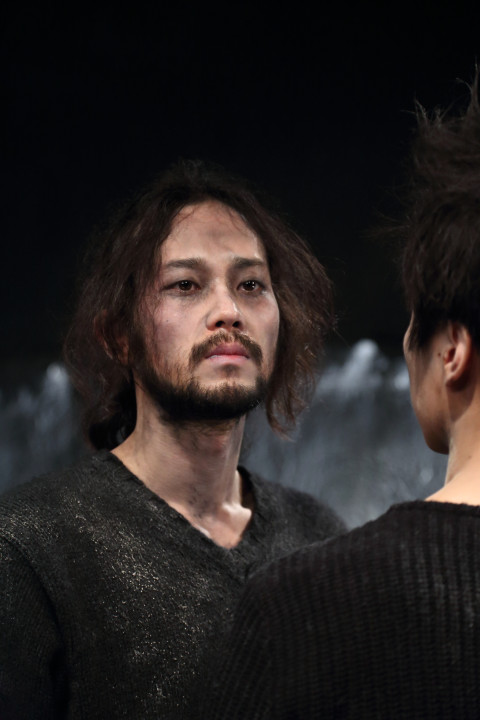
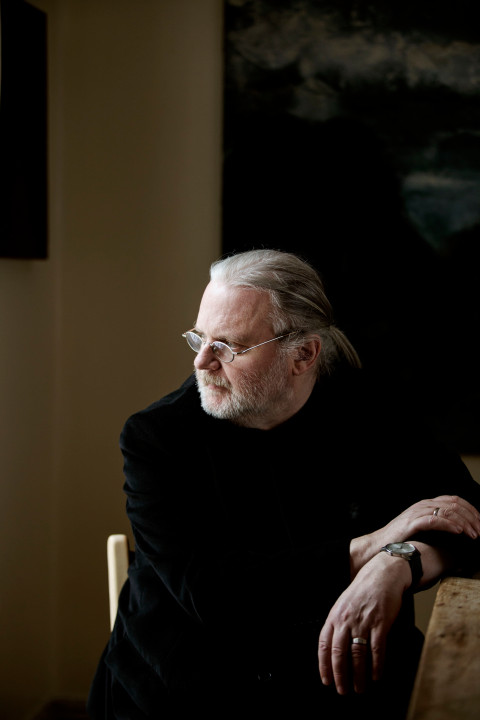
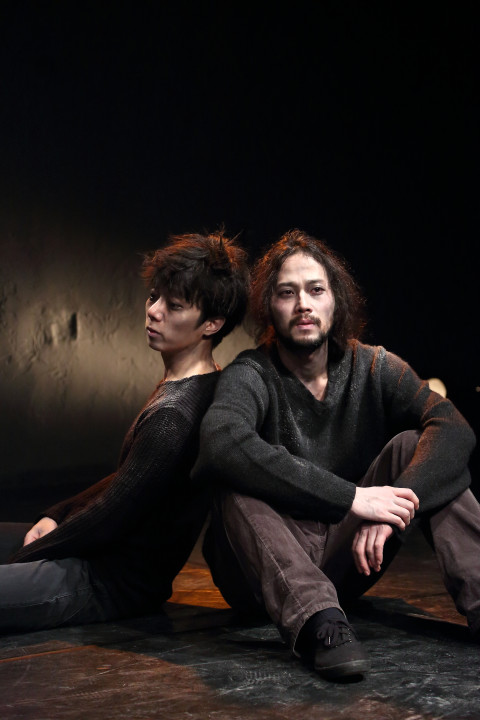
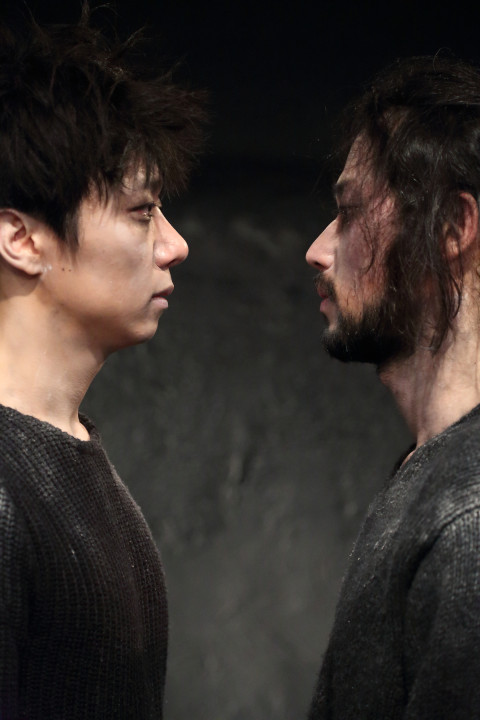
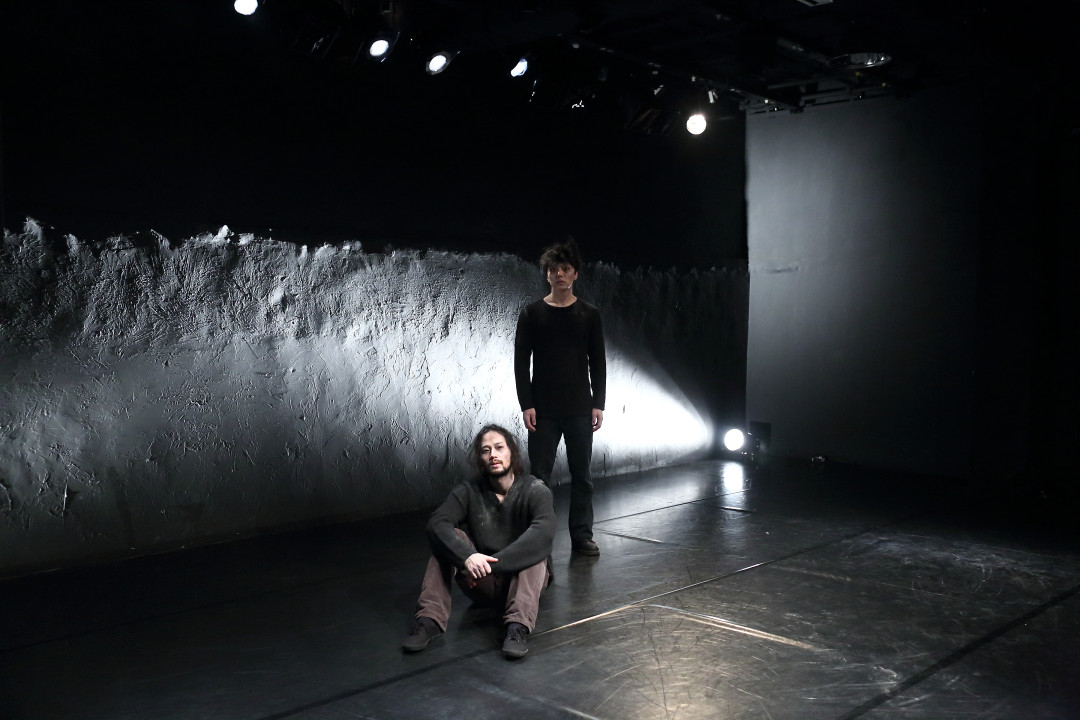
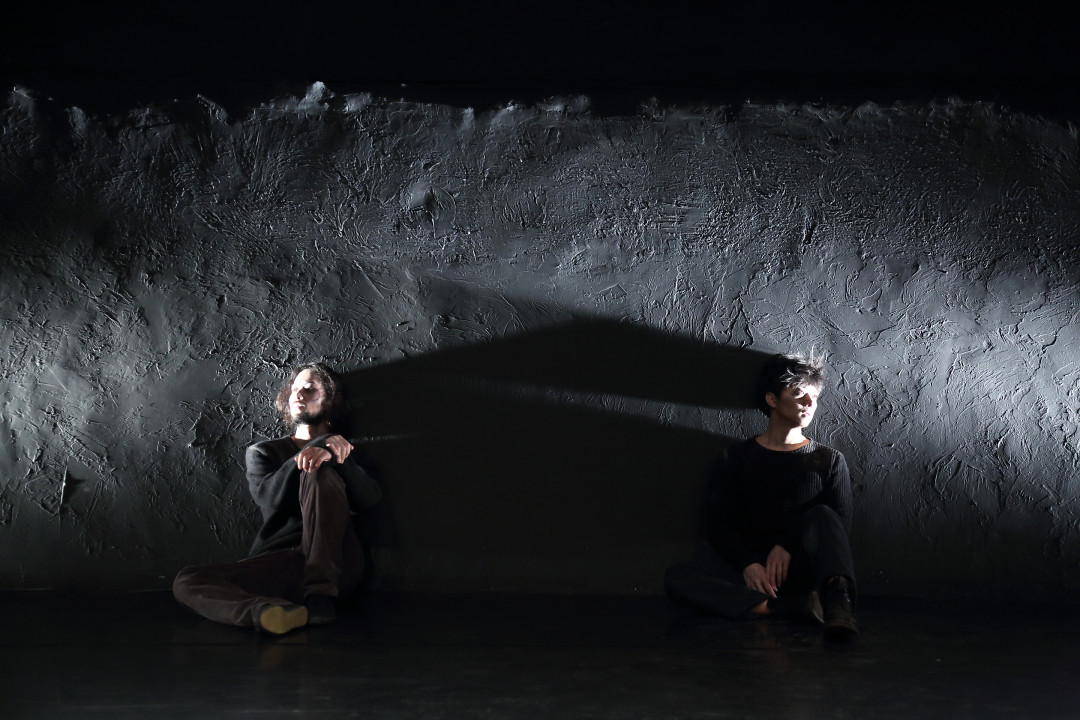

 PREV
PREV
.jpg)
.jpg)
 노래하는 배우들_13 후르츠케이크 ⓒTheo Cote (1).jpg)
 창작집단 희비쌍곡선_판소리 필경사 바틀비 ⓒ 곽동근 (1)(2).jpg)
 극단 동_그믐, 또는 당신이 세계를 기억하는 방식 ⓒKangMool-Lee.jpg)
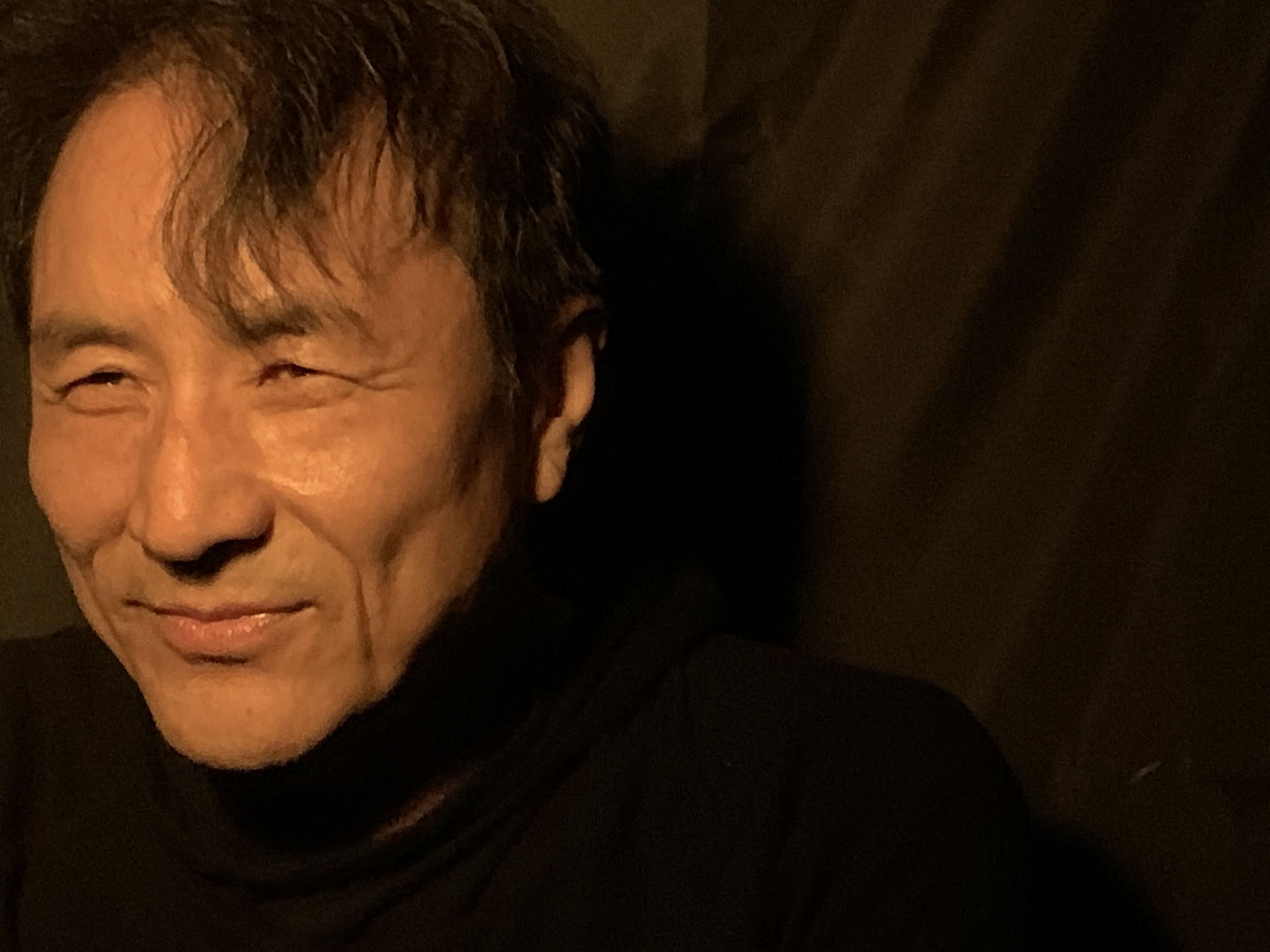
 김성훈 댄스프로젝트_Pool ⓒBAKi (1).jpg)
 황수현_나는 그 사람이 느끼는 것을 생각한다 ⓒ이의록(0).jpg)
 그라운드 제로 프로젝트_소멸ⓒOHJOONGSEOK (1)(0).jpg)










